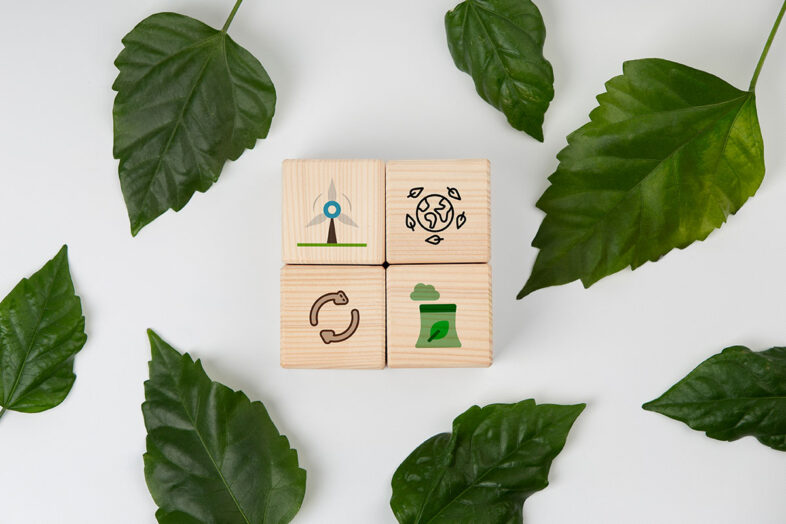- January 19, 2024
- 154
- Eco News
Many people believe that living an eco-friendly lifestyle is expensive and inconvenient. Actually, it is easy being green. Helping the planet is just a matter of making one simple change at a time. And these small lifestyle changes can make you save money!
There are many ways to lower our waste output and reduce our carbon footprint. The carbon footprint is the amount of greenhouse gas emissions responsible for climate change that occur as a result of our purchases and activities. Being eco-friendly is not about adding things to one’s life, but about simplifying our actions, thinking economically, cutting out middlemen and being more hands-on.
Put these easy tips into practice from your kitchen to become more eco-friendly and save money in the process.

1. Use cloth napkins
Cloth napkins are more durable and nice than paper napkins. Besides, ditching disposable napkins will help you save plenty of money over the years. This change will reduce your trash output, which means that less energy is going to be used transporting and processing your waste.

2. Cook from scratch
Cooking at home saves a lot of cash and it also uses significantly less resources than buying pre-made food or dining out. Eating food that has been processed in distant industrial kitchens, that it is wrapped up in plastic and many layers of packaging and that is trucked to your local supermarket consumes a lot of energy. On the other hand, no meal gets appreciated as much as the meal made by yourself.

3. Cook with residual heat
Turning off the oven five minutes before the meal is ready allows the food to continue cooking and saves some energy at the same time. You can also save energy (and, therefore, money) when cooking pasta. Once the pot has been boiling for five minutes with the pasta in it, cover the pot, switch off the stove and let it sit for five more minutes.The pasta will be cooked perfectly in only ten minutes.

4. End food waste
A huge percentage of food gets thrown away. This means that some of the greenhouse gases released by agriculture, food transport and food decomposing in landfills could simply not exist. Even though a lot of the waste occurs in restaurants and supermarkets, you can help the environment and save money by only buying what you need (for example, two carrots instead of a bag), saving your leftovers and freezing your leftovers.

5. Grow vegetables
Having your own vegetable garden is not as complicated or time-consuming as it sounds. This activity will erase a big carbon footprint of all those refrigerated trucks and planes importing fruits and vegetables from different parts of the world. Cherry tomatoes, green beans and salad greens, and are the best foods to grow in order to save money. For those who don’t have a garden, growing herbs on a window sill can save a lot of money in the long run.












